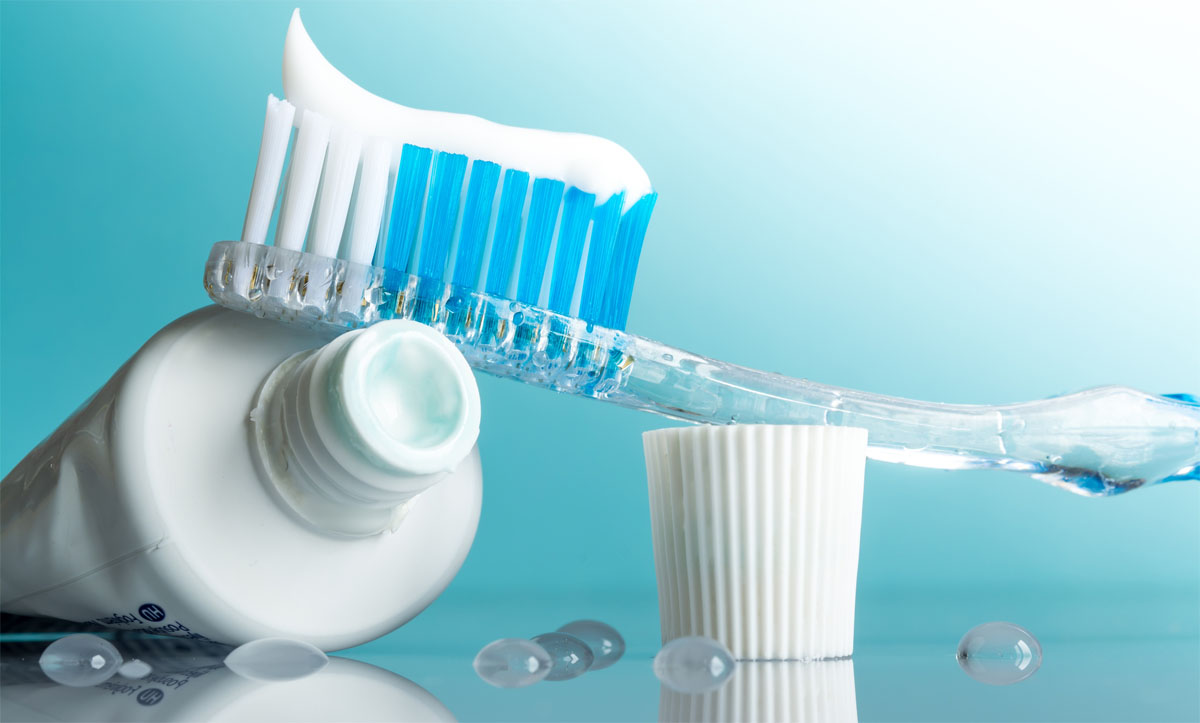Health
Nigerian nurses, midwives excited as NMCN finally reactivates verification portal

Nigerian nurses, midwives excited as NMCN finally reactivates verification portal
The Nursing and Midwifery Council of Nigeria (NMCN) has reopened its verification portal for nurses and midwives, allowing them to once again submit their verification requests through the council’s website.
Recent checks on the NMCN website on Saturday revealed that the verification portal is now functional.
The portal now displays a message stating, “Good news, verification requests are back online,” and further notes that the expiration dates for renewal applications will now be calculated based on the application date.
A confirmation of the portal’s reopening was received on Friday. Anthony Ijeoma, a nurse affiliated with Nursingworld Nigeria, also affirmed the reactivation. He expressed appreciation for the efforts made by the National Association of Nigeria Nurses and Midwives (NANNM) in making this possible, and commended the NMCN for reopening the verification portal to accommodate both domestic and international nurses.
READ ALSO:
- Soldiers accused of beating Lafia poly student to death
- OPEC hails Nigeria’s pivotal role as body clocks 64
- UNIBEN students trapped as building collapses
Previously, the sudden deactivation of the portal in February had caused significant distress for numerous Nigerian nurses and midwives working abroad. Without the required verification from NMCN, many nurses found themselves in violation of visa regulations and employment laws, leading to legal complications. This situation forced some nurses, including those in the UK and the US, to return to Nigeria.
Back in February, the NMCN released new guidelines for certificate verification requests. According to these guidelines, nurses and midwives were required to have at least two years of post-qualification experience, starting from the issuance date of their permanent practicing license. Additionally, a letter of good standing was to be requested from the applicant’s employer and their last training institution, which had to be addressed directly to the Registrar/CEO of NMCN.
These new regulations sparked widespread petitions from state councils and chapters of NANNM in various states including Lagos, Ogun, Kwara, Ebonyi, and Kaduna, among others. Protests were organized, and some even took legal action against the NMCN. However, the court case was later withdrawn.
On February 27, the Nigerian House of Representatives called on the NMCN to suspend its new guidelines for issuing verification certificates to nurses and midwives, pointing out concerns over how the council’s actions might hinder professionals seeking career opportunities abroad.
The reactivation of the portal follows an appeal made by NANNM to the Federal Government, urging it to address pressing concerns of the nursing community. NANNM’s National President, Michael Nnachi, listed key demands, which included reopening the verification portal, ensuring the payment of salaries to NMCN staff, constituting the council’s board, and creating a special salary structure for nurses or reviewing their professional allowances.
This development marks a significant relief for Nigerian nurses and midwives, especially those aspiring to work internationally.
Nigerian nurses, midwives excited as NMCN finally reactivates verification portal
(PUNCH)
Health
Those spraying perfume in armpit, private parts risk cancer – Shehu Sani

Those spraying perfume in armpit, private parts risk cancer – Shehu Sani
Former senator and human rights activist, Shehu Sani, has issued a cautionary note to the public against spraying perfume directly on sensitive areas of the body such as the armpits and private parts.
In a Facebook post on Sunday, the former lawmaker from Kaduna Central recounted the tragic story of a young man named Salisu, who reportedly developed cancer after regularly applying perfume to those areas.
READ ALSO:
- Bus accident in Lagos claims one life, injures two; driver, conductor fee scene
- Plateau: Father, two sons killed in fresh attack
- Kidnapping scare: Woman faints, others sustain injuries in Kogi
“Don’t spray perfume in your armpit or private parts. If you are in the habit of doing that, learn from this,” Sani wrote. “A young man called Salisu used to do so, and suddenly it triggered a strange form of cancer in those areas. The spots got rotten and his health deteriorated. He is now dead.”
While noting that he had no scientific explanation for the incident, Sani said he was simply sharing the story as a word of caution.
“Just a piece of advice,” he added.
Those spraying perfume in armpit, private parts risk cancer – Shehu Sani
Health
Nigeria confirms 660 lassa fever cases, 122 die

Nigeria confirms 660 lassa fever cases, 122 die
The Nigeria Centre for Disease Control and Prevention (NCDC) has identified Ondo, Bauchi and Edo states as the epicentres of the Lassa fever outbreak in the country.
Director-General of the NCDC, Dr Jide Idris, during a media briefing, yesterday, in Abuja, said that those states accounted for over 70 per cent of confirmed lassa fever cases reported so far in 2025.
Idris said that the three states contributed 71 per cent of the 660 confirmed Lassa fever cases recorded between January and the end of March 2025, with Ondo accounting for 30 per cent, Bauchi, 25 per cent, and Edo, 16 per cent.
The director general said that the NCDC had intensified a nationwide multi-sectoral response through its activated incident management system at the national level to coordinate the public health emergency across affected states.
READ ALSO:
- 17 kidnapped victims rescued from Niger, 21 rifles seized in Kaduna
- Sanwo-Olu gifts LASU best graduating student N10m
- NRC suspends Warri-Itakpe train after multiple engine failure
He said, “As the cases surge in these epicentre states, our response is focused on early detection, case management, risk communication, and community engagement. The transmission remains active in multiple local councils, with 28 states and 125 councils affected this year.”
Idris also said that 122 deaths had so far been recorded, resulting in a case fatality rate of 18.5 per cent—higher than the 17.5 per cent recorded during the same period in 2024.
He said that to combat the spread, the NCDC had deployed national rapid response teams to hotspot areas, trained healthcare workers on infection prevention and control, and scaled up community sensitisation.
The DG, therefore, stressed the importance of early presentation to health facilities to reduce fatalities.
Idris, who disclosed ongoing collaborations with key partners, including the World Health Organisation (WHO), Médecins Sans Frontières (MSF), and the African Field Epidemiology Network (AFENET), to support surveillance, clinical care, and public awareness, said that the agency was also supporting research efforts to improve outbreak preparedness and response.
Nigeria confirms 660 lassa fever cases, 122 die
Health
Poisonous fluorides in toothpaste: Pharmacists counter televangelist’s claims

Poisonous fluorides in toothpaste: Pharmacists counter televangelist’s claims
Pharmacists have refuted recent claims made by a popular pastor that fluorides in food, toothpaste, and pharmaceutical products are poisonous and carcinogenic.
While acknowledging the pastor’s spiritual influence, the pharmacists provided crucial scientific clarity, asserting that fluoride, when used in approved quantities by regulatory bodies, is safe and beneficial for public health.
The pharmacists, on the platform of the Association of Community Pharmacists of Nigeria, ACPN, made the clarifications, weekend.
Their intervention comes in response to trending videos where the religious leader vehemently condemned the pharmaceutical industry over the inclusion of fluorides in various consumer products.
Scientific facts
In a statement by the National Chairman, Ambrose Ezeh, and Secretary, Omokhafe Ashore, the pharmacists said: “We at ACPN will not attempt to tackle the pastor’s anointing in God’s word.
“But (we) will clarify with some scientific insight and background that the pastor’s exposition on fluorides was not totally in alignment with scientific facts.
“The ‘Use of Fluorides in Pharmaceutical Preparations and Foods’ declared: ‘Fluorides used in approved quantities by the relevant and appropriate food and drug regulatory agencies are safe’.
READ ALSO:
- Police raid criminal camps, recover food items in Anambra
- Oba Owoade crowned Alaafin of Oyo
- A colleague raped me, Actress Lolo 1 alleges
“In strictly public health interest, the ACPN wishes to posit as follows: Fluoride used in approved quantities by the relevant and appropriate Food and Drug regulatory agencies are safe.
“While some researchers have indeed linked Fluoride with some cancers, oftentimes such incidences have been proven to be in instances where excessive amounts beyond the approved limits were used.”
-

 Business2 days ago
Business2 days ago5 facts about trending digital trading platform, CBEX
-

 Insurance1 day ago
Insurance1 day agoLasaco Assurance attains ISO/IEC 27001:2022 certification for information security management
-

 International2 days ago
International2 days agoObama reacts as Trump freezes $2.3b Harvard University funding
-

 metro2 days ago
metro2 days agoBREAKING: Court strikes out defection suit against 27 pro-Wike Rivers lawmakers
-

 metro2 days ago
metro2 days agoNatasha’s allegation against Akpabio has contradictions – Agbakoba
-

 Politics1 day ago
Politics1 day agoNNPP lawmakers seek to rejoin APC after fallout with Kwankwaso
-

 Entertainment1 day ago
Entertainment1 day agoPortable regains freedom after Osupa drops cyberstalking case
-

 metro1 day ago
metro1 day agoNigerians lose N1.3tn as ponzi scheme CBEX collapses











